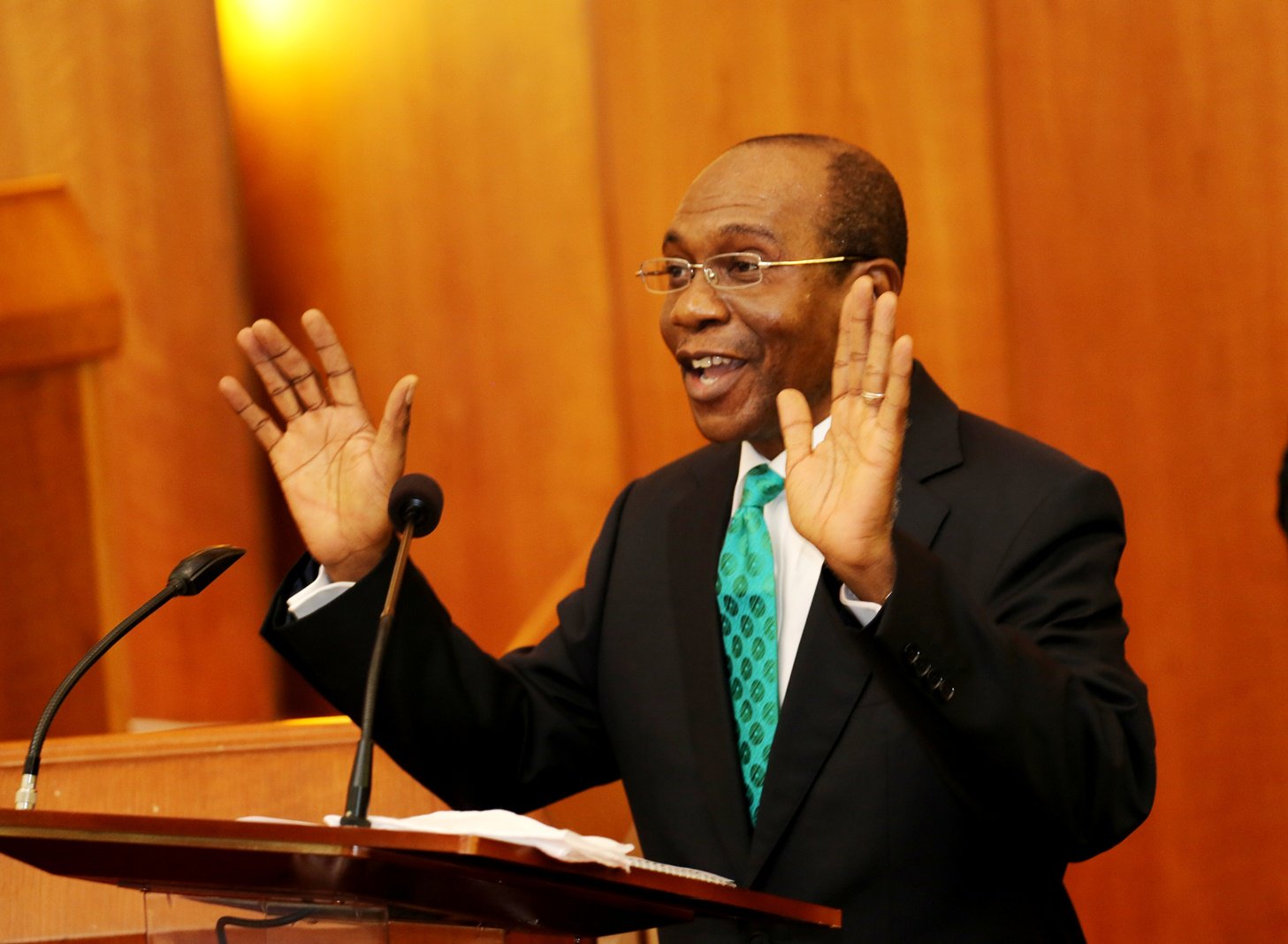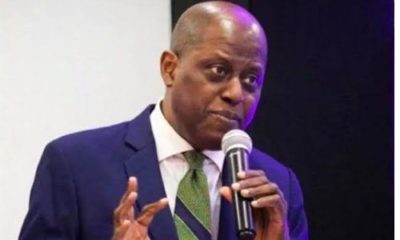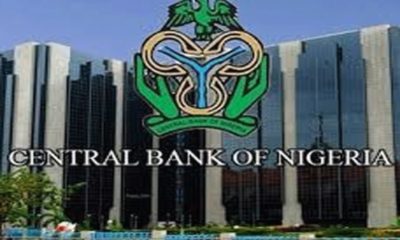Business
Naira Depreciation: CBN Urges Court To Dismiss Falana’s Lawsuit
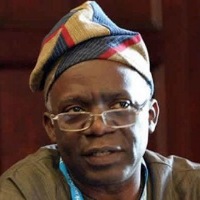
The Central Bank of Nigeria (CBN) is requesting a Federal High Court in Lagos to reject a lawsuit filed by human rights lawyer Femi Falana.
The suit aims to compel the apex bank to halt the concerning depreciation of the Naira.
In its preliminary objection to the suit, the CBN argues that Femi Falana lacks legal standing to file the case, asserting that the court does not have jurisdiction to consider it.
The senior lawyer had initiated the suit to contest the declining value of the Naira and the increasing influence of the dollar in the economy.
In the case labeled FHC/L/CS/470/23, Falana seeks a court order to prevent the CBN from allowing market forces to set the Naira’s exchange rate under Section 16 of the Central Bank Act.
Additionally, he requests the court to mandate the CBN to halt the dollarization of the economy, citing Section 20(1) of the Act, which designates the Naira as the sole legal tender in Nigeria.
The plaintiff is further requesting the court to instruct the CBN to cease the dollarization of the economy, citing Section 20(1) of the Act, which designates the Naira as the exclusive legal tender in Nigeria.
In his plea to the court, the plaintiff seeks a declaration that, according to Section 16 of the Central Bank Act, the acceptable legal tender in Nigeria is Naira and kobo.
He also contends that, in accordance with the combined effect of Sections 15 and 20(1) of the Central Bank Act, currency notes issued by the Defendant should be recognized as legal tender in Nigeria.
Falana is additionally requesting the court to declare, based on Section 16 of the Central Bank Act, that the exchange rate of the Naira should be determined periodically by a mechanism devised by the CBN.
He is also seeking a declaration that the CBN lacks the authority to permit multiple exchange rates between the Naira and the Dollar, as well as other foreign currencies.
Furthermore, the plaintiff is urging the court to declare, in accordance with Section 20(5) of the Central Bank Act, that the CBN is legally obligated to prosecute individuals who refuse to accept the Naira as a valid form of payment in Nigeria.
However, in the preliminary objections presented by Adeleke Agboola (SAN) on behalf of the bank, the CBN argues that Falana has not demonstrated any unique harm beyond that of other Nigerian citizens regarding the CBN’s exchange rate policy.
The CBN asserts that Falana lacks the legal standing (locus standi) to bring this case and highlights that he hasn’t reported those engaging in dollar trading in Nigeria.
The CBN’s objections include Falana’s failure to demonstrate that the CBN acted in bad faith and the plaintiff’s inability to disclose a reasonable cause of action against the bank.
The Bank is urging the court to dismiss the suit or, as an alternative, strike it out due to the purported lack of jurisdiction.
It argues that the court lacks the necessary jurisdiction and emphasizes that the plaintiff has not presented a reasonable cause of action against the CBN.
Furthermore, the Bank contends that the action is statute-barred, not competent, and not maintainable against the Defendant.
It asserts that the substantive reliefs sought by the plaintiff have become irrelevant following the Central Bank’s announcement of the unification of all segments of the foreign exchange market in its Circular of June 14, 2023.
Business
Trade Tensions Hit Nokia As Q1 Ends In €68M Loss
Nokia has reported a net loss of €68 million for the first quarter of 2025, a sharp decline from the €438 million profit recorded during the same period last year.
The Finnish telecoms equipment maker attributed the downturn to global trade disruptions and recently imposed tariffs by the United States.
The company’s net sales dropped slightly to €4.4 billion, down by one percent year-on-year.
READ ALSO: Trade War: China Strikes Back Wth 125% Tariffs On U.S. Goods
Tariff-related challenges were highlighted by Nokia’s President and CEO, Justin Hotard, who acknowledged the broader economic pressures affecting the industry.
“We are not immune to the rapidly evolving global trade landscape,” Hotard stated. “However, based on early customer feedback, I believe our markets should prove to be relatively resilient.”
He also noted the potential short-term financial impact, saying, “Based on what we see today, we currently expect a EUR 20 to 30 million impact on our comparable operating profit in the second quarter from the current tariffs.”
Earlier this month, U.S. President Donald Trump introduced a 10 percent tariff on global imports, while pausing plans for steeper duties, including a proposed 20 percent levy on products from the European Union.
Despite the quarterly setback, Nokia expressed confidence in its growth prospects.
The company is looking to its Network Infrastructure, Cloud and Network Services, and Mobile Networks divisions to drive sales in the year ahead.
In a sign of continued momentum in the mobile segment, Nokia also announced on Thursday that it had extended its contract with T-Mobile US.
The company said it is continuing “to see positive signs of stabilization” in Mobile Networks.
Business
Marketers In Anguish, As Dangote, NNPC Ltd War Drag Price To N880/litre
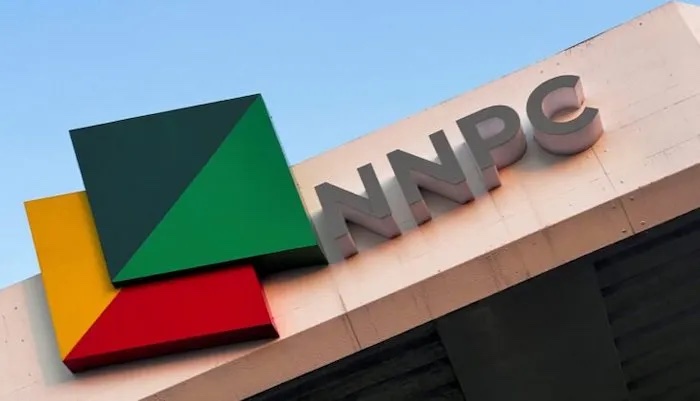
The pull of market forces which moved the hands of the Nigerian National Petroleum Company Limited (NNPC Ltd) to reduce the price of Premium Motor Spirit (petrol) to N880 per litre in Lagos and N935 in Abuja appears to be a source of torture to independent markets.
Biztellers reports that the latest price review on Easter Monday saw NNPC retail outlets in Lagos drop from N925 to N880, while those in Abuja adjusted from N950 to N935.
The NNPC Ltd’s price reduction came barely a week after the Dangote Refinery lowered its ex-depot price from N865 to N835 per litre.
ALSO READ: BREAKING: Again, Dangote Cuts Petrol Price To N835 per Litre
In addition, the $20bn refinery also directed its partners like MRS, Heyden, and Ardova to sell a litre of petrol at the rate of N890 instead of N920 in Lagos, N900 in the South West, N910 in the South-South, and N920 in the North East.
Consumers can smile because with the reaction, the NNPC Ltd’s new price in Lagos is N10 lower than what the Dangote Refinery is selling at, which might lead to another reaction, as the price war between the two companies.
Though some NNPC Ltd’s retail outlets were observed selling at the old rate in Lagos, it was gathered that they were given the liberty to exhaust old stock before adjusting to the new prices.
Market sources are of the view that the current price war was ignited by the Federal Government’s implementation of the Naira-for-crude policy.
Business
Gold Prices Hit Historic $3,500 Amid Trump Tariffs, Fed Tensions
Gold soared to a record high of $3,500 an ounce on Tuesday, as mounting fears over a potential U.S. recession and escalating tensions between President Donald Trump and the Federal Reserve drove investors toward the traditional safe-haven asset.
The precious metal briefly touched an all-time high of $3,500.10 an ounce before retreating slightly to trade at $3,467.87.
READ ALSO: JUST IN: Vatican Discloses Cause Of Pope Francis’ Death
The rally marks the latest in a string of record-breaking gains for gold, fueled by a weakening U.S. dollar, sharp declines across global stock markets, and growing concerns over the health of the world economy.
Market sentiment took another hit this week after President Trump ramped up his trade war with China, slapping fresh tariffs on the world’s second-largest economy and intensifying fears of prolonged economic disruption.
Gold has surged more than 30 percent since the start of the year as investors seek refuge from mounting market volatility.
“The rally reflects ongoing recession fears in the U.S. economy and heightened political tensions, especially as President Donald Trump continues to attack Federal Reserve Chair Jerome Powell,” said Rania Gule, senior market analyst at trading group XS.com.
Concerns about the Fed’s independence were further stoked Monday, when Trump publicly lashed out at Powell on social media, branding him a “major loser” for not cutting interest rates — a move the president has repeatedly demanded.
The sharp criticism follows Trump’s recent suggestion that he might attempt to remove Powell from his post.


